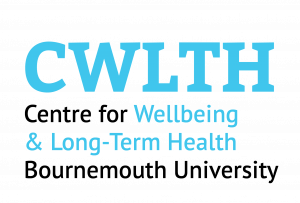
Centre for Wellbeing & Long-term Health, Rehabilitation & Prevention workstream Networking and Development Event – Wed 25th June! In BG-212.
Don’t miss out, register now!
Does your research broadly fit the category of “rehabilitation and prevention”? Then join us for this first event of the Rehabilitation & Prevention workstream of the Centre for Wellbeing and Long-term Health!
Whatever the focus of your research is or your professional background, whether it be at population or individual level, public health or rehabilitation of a particular condition in a particular demographic of people, whether you are a PGR or a senior academic, we would like this to be your research home. Come and share the highlights of what you do in a 5-minute Lightning talk, and hear from the highlights of others.
We want this to be a stimulating event and you might just find your next collaborator(s). Dr Jonny Branney and Dr Katie Collins, the workstream leads, will be taking notes with a view to creating a quick reference guide of what the workstream members are working on to make it easier for you to find the expertise you need for your next project. We want the workstream to be a place to talk about the sort of research enquiry that gets you out of bed in the morning, that puts the joy into your working life. A place to share and celebrate in your project successes, and to get a welcome lift when your latest research bid or journal submissions are rejected. A place to learn from those more experienced, from those with alternative expertise, identify a mentor or a coach, and for others to learn from you and benefit from your coaching and mentorship. A place to test out your ideas and get feedback from critical friends. A place to identify collaborators for your next research project. Is your research broadly “rehabilitation and prevention”? Then this is your place. Register here!!
Lightning Talks
Attendees are required to prepare a 5 minute lightning talk – 5 PowerPoint slides maximum to summarise your background as a researcher, what you’ve done, are doing, and plan to do. Nice and concise so we quickly get to know what everyone is about. There will be a timer!
Rough Itinerary
12:30pm Lunch – provided
1pm Welcome from workstream leads
1.05pm 5-minute Lightning talks
2.50pm – 3pm Closing remarks from workstream leads
See you there! Room BG-212.
For further information on this event please contact theme leads, Dr Jonny Branney (jbranney@bournemouth.ac.uk) or Dr Katey Collins (kcollins@bournemouth.ac.uk).
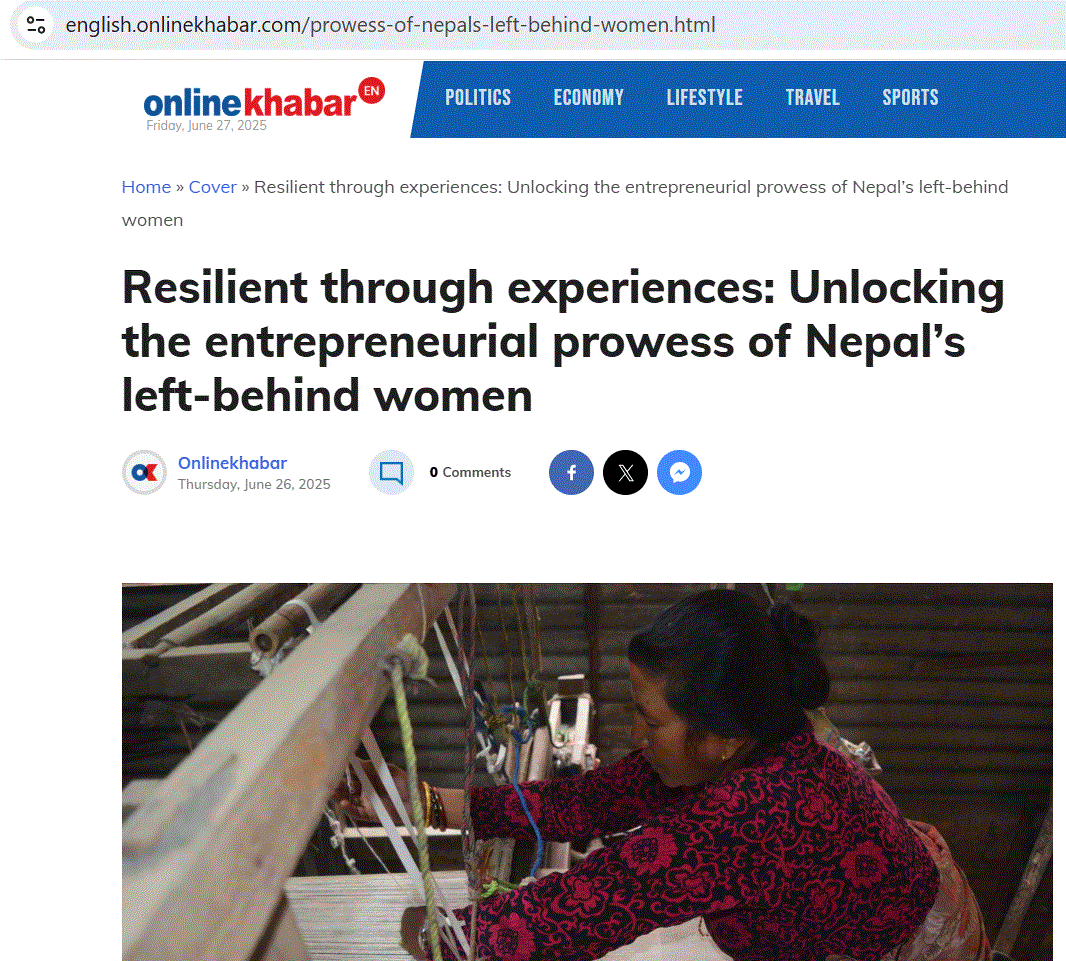
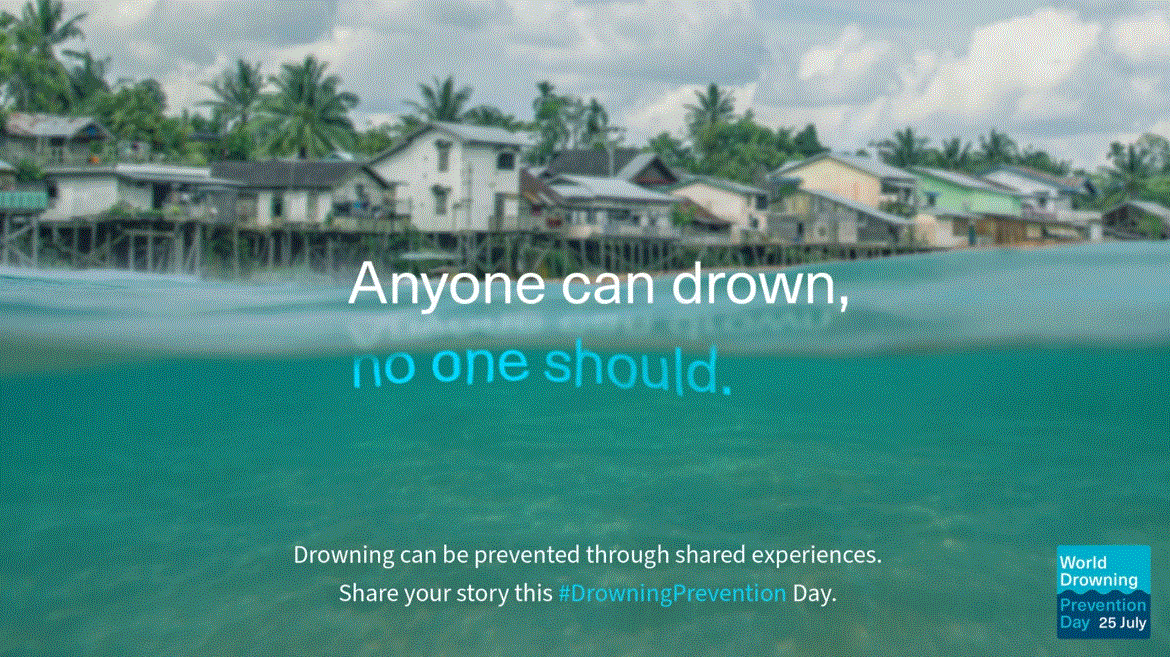
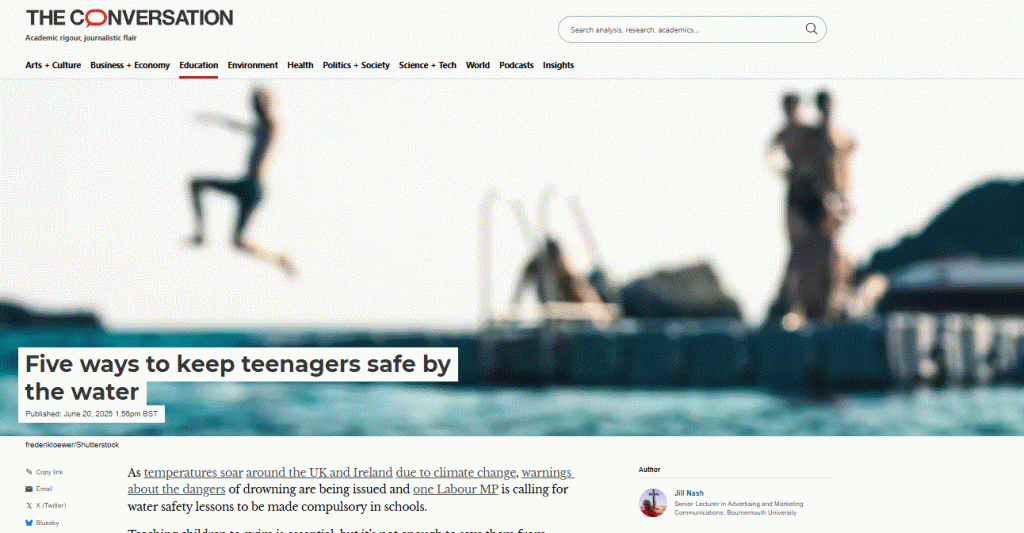





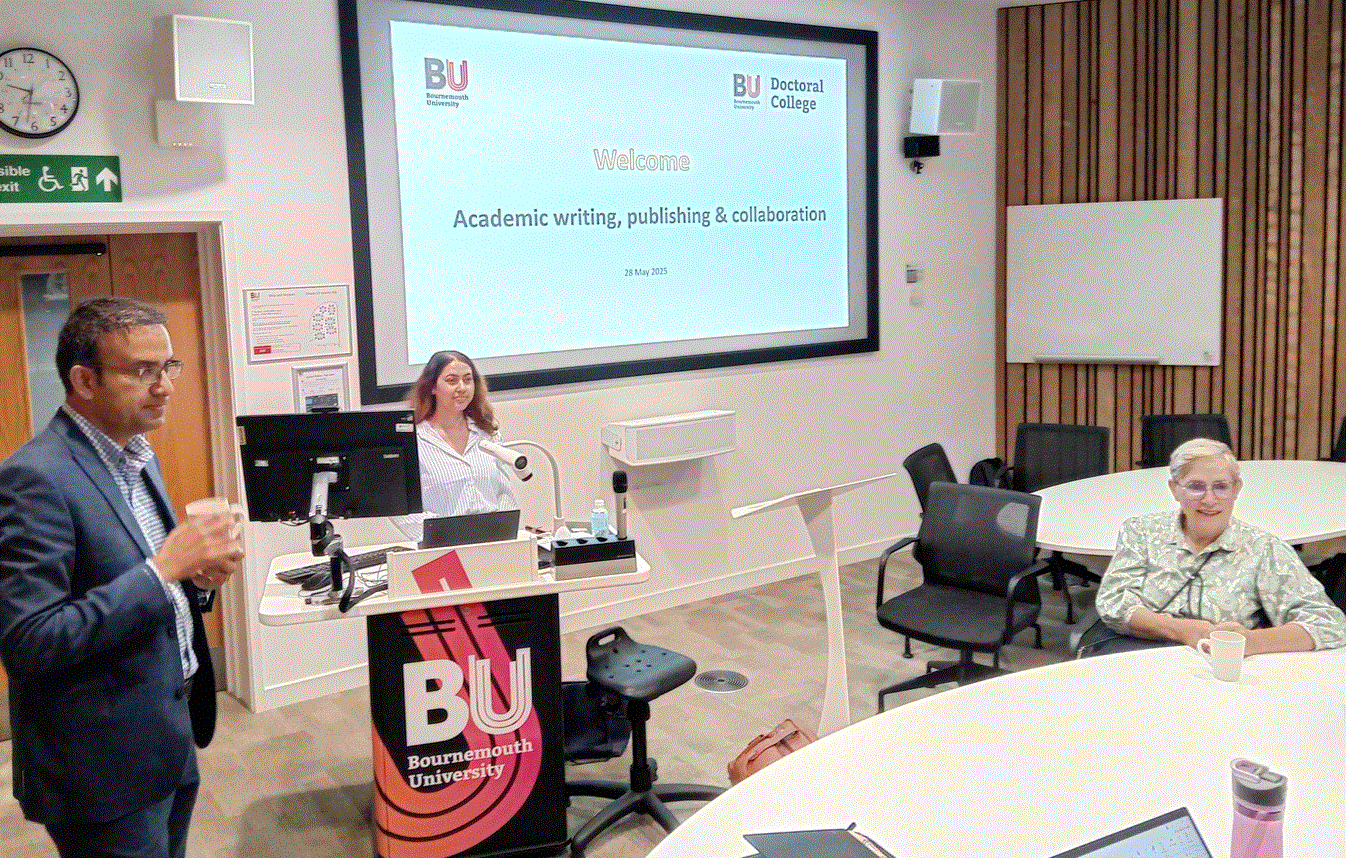

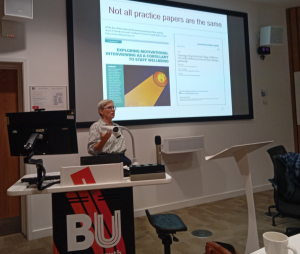

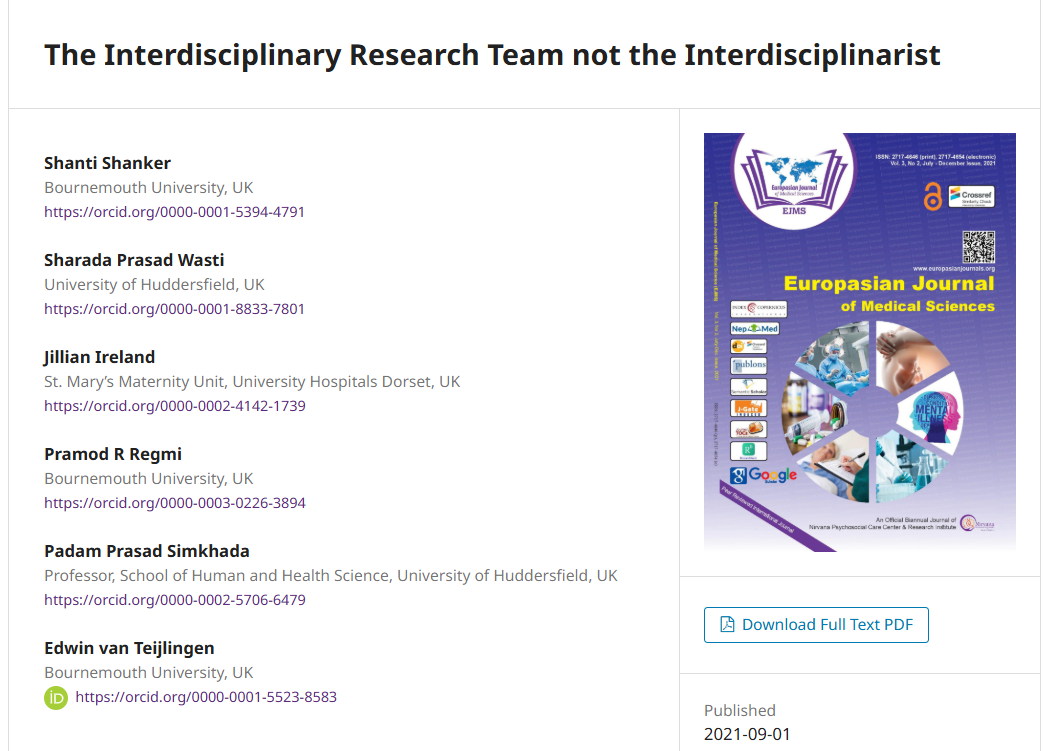
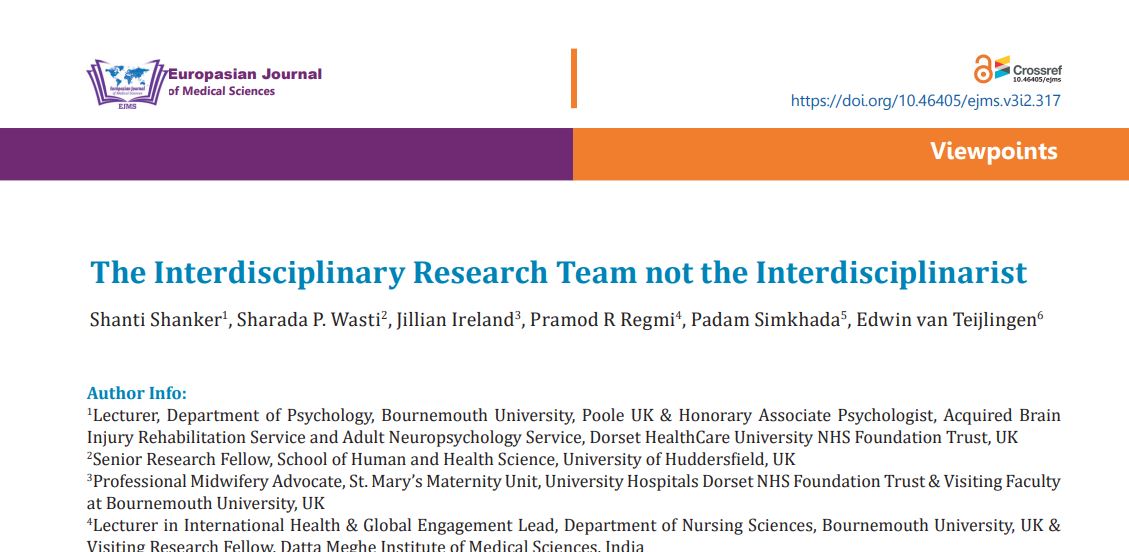

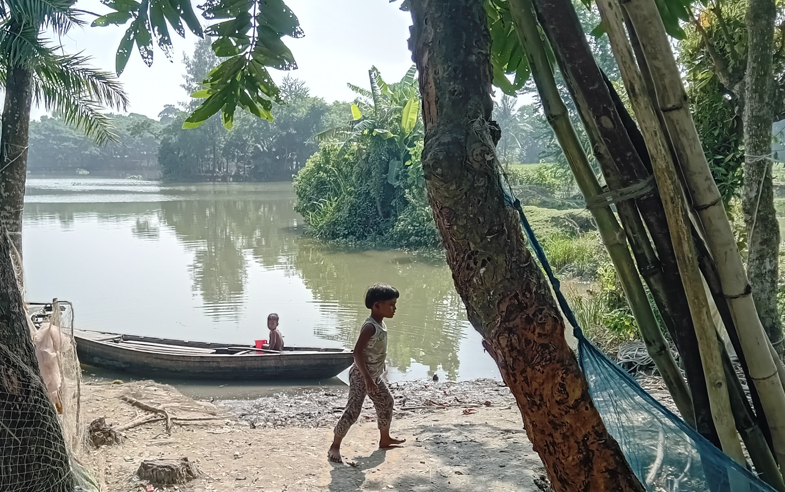



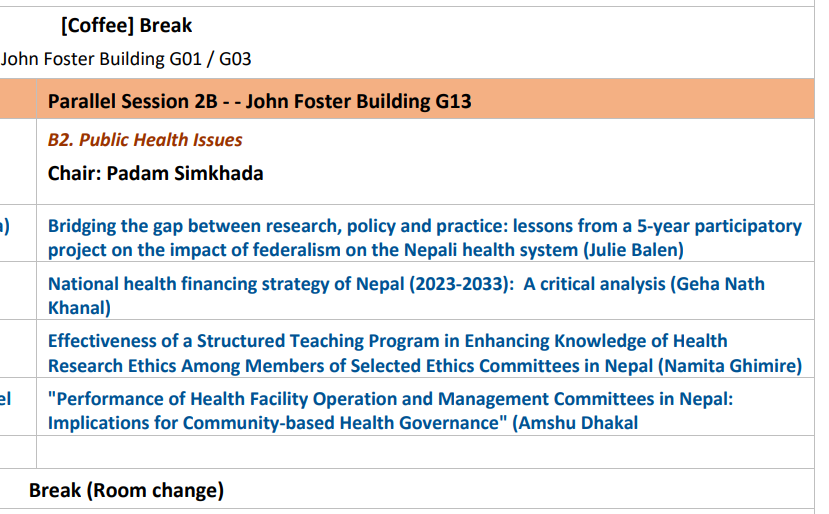

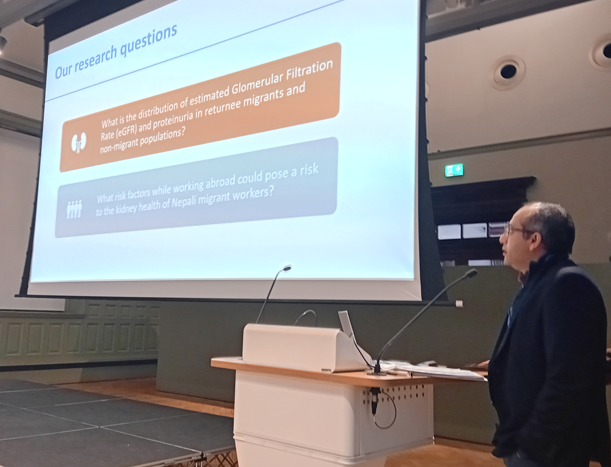
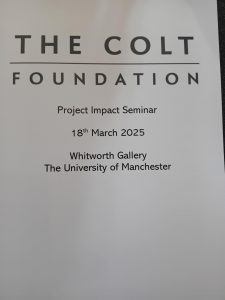
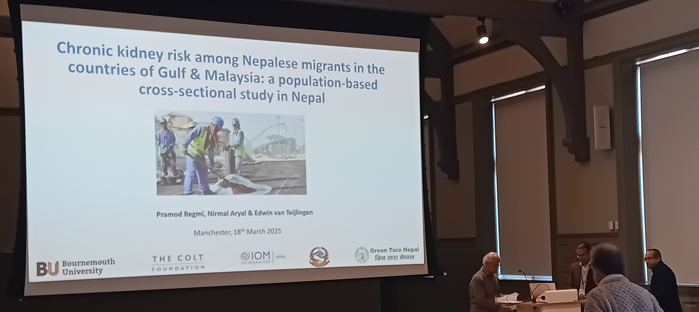
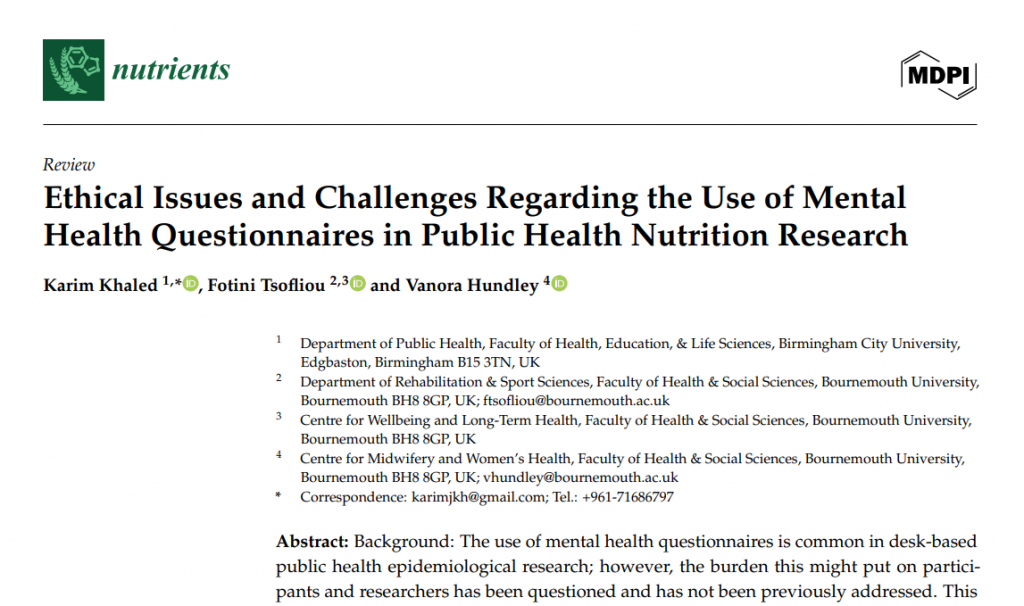
 Preventative measures to reduce these challenges include choosing appropriate cut-off scores for correctly identifying participants; highlighting whether mental health questionnaires used may elicit negative emotional or psychological reactions related to suicide ideation; specifying the criteria for referral to clinical services; detailing the intended referral processes; including approaches where the researcher directly connects participants with a psychological service provider; and including a passive referral method such as contact details for participants to initiate their own referrals to clinical care. The authors offer a guide for researchers aiming to collect data on mental health through questionnaires, and they conclude that ethical challenges should be considered and reviewed at all stages of the research project.
Preventative measures to reduce these challenges include choosing appropriate cut-off scores for correctly identifying participants; highlighting whether mental health questionnaires used may elicit negative emotional or psychological reactions related to suicide ideation; specifying the criteria for referral to clinical services; detailing the intended referral processes; including approaches where the researcher directly connects participants with a psychological service provider; and including a passive referral method such as contact details for participants to initiate their own referrals to clinical care. The authors offer a guide for researchers aiming to collect data on mental health through questionnaires, and they conclude that ethical challenges should be considered and reviewed at all stages of the research project.

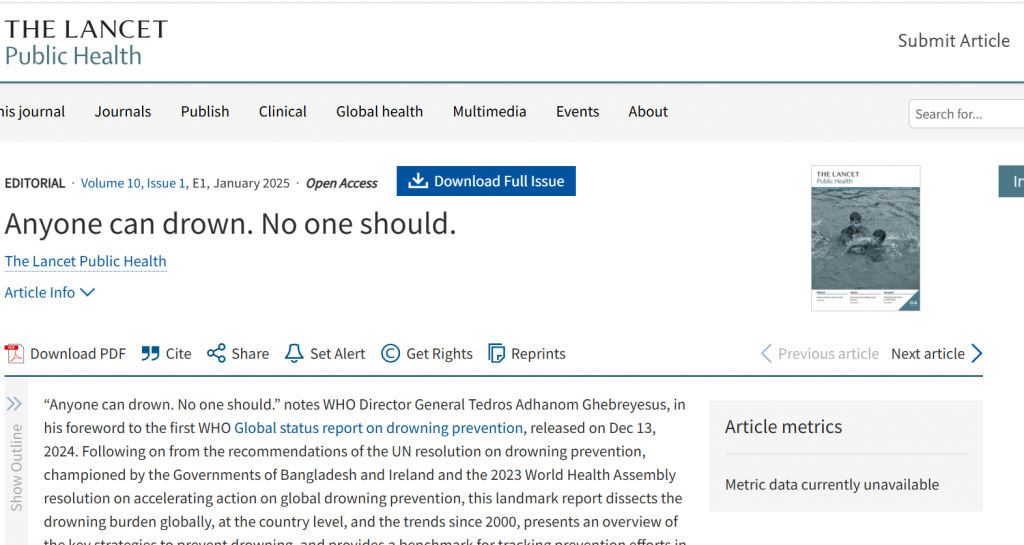

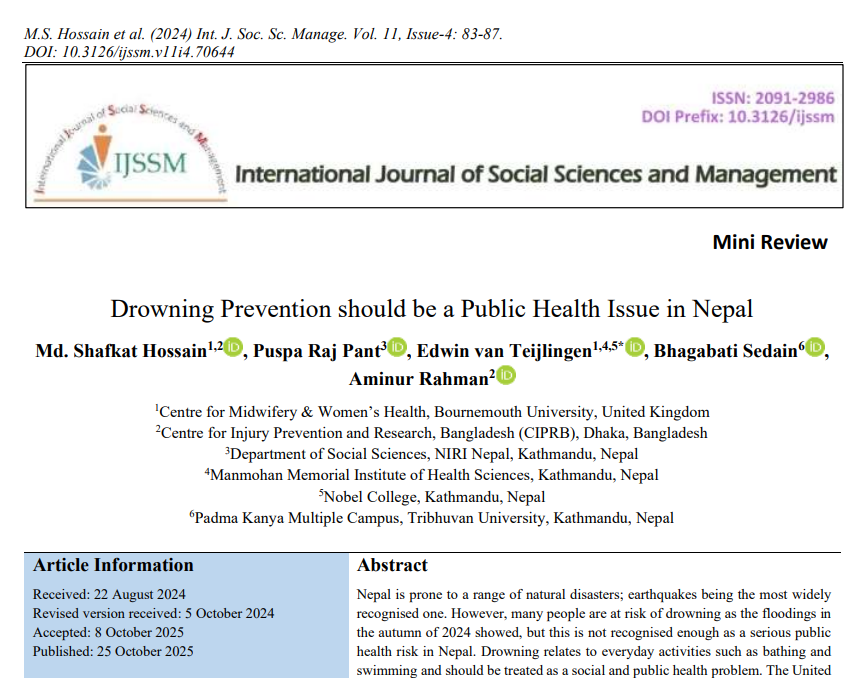
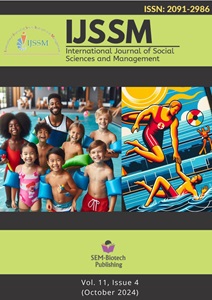
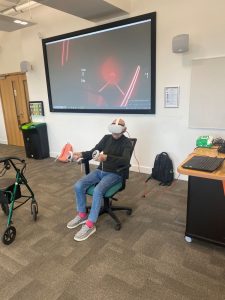

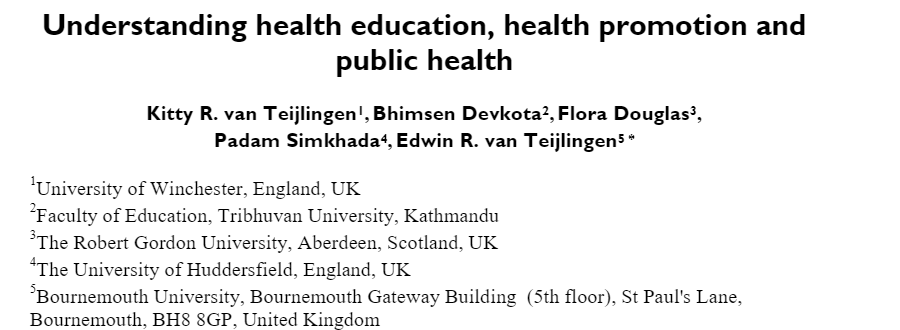
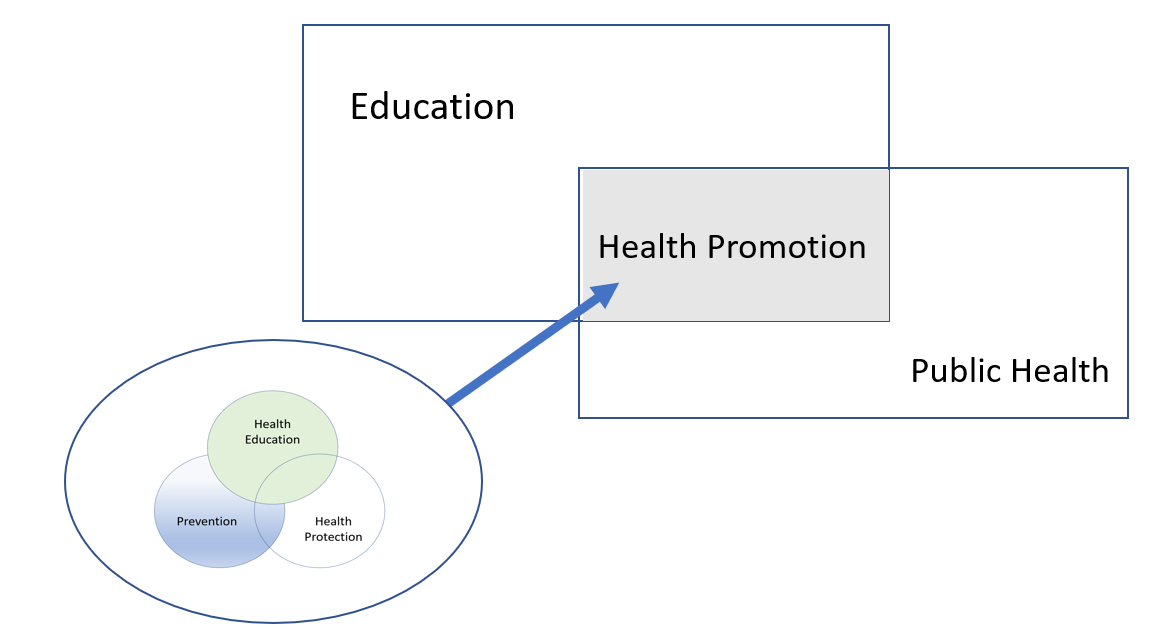
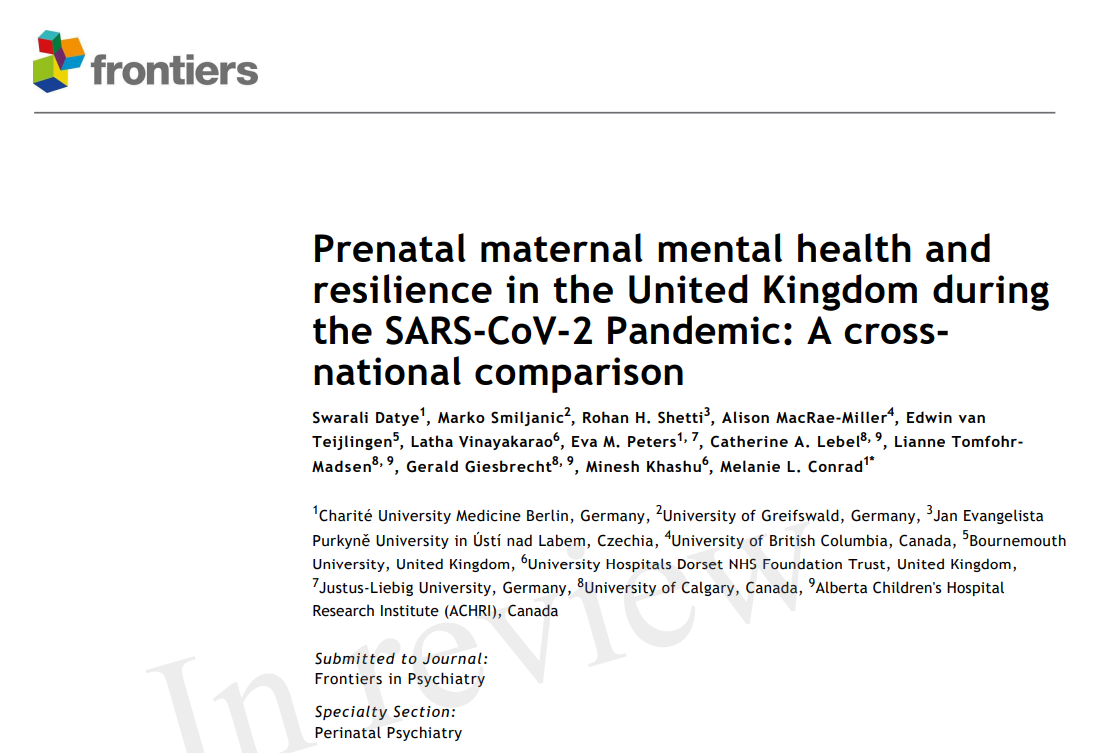

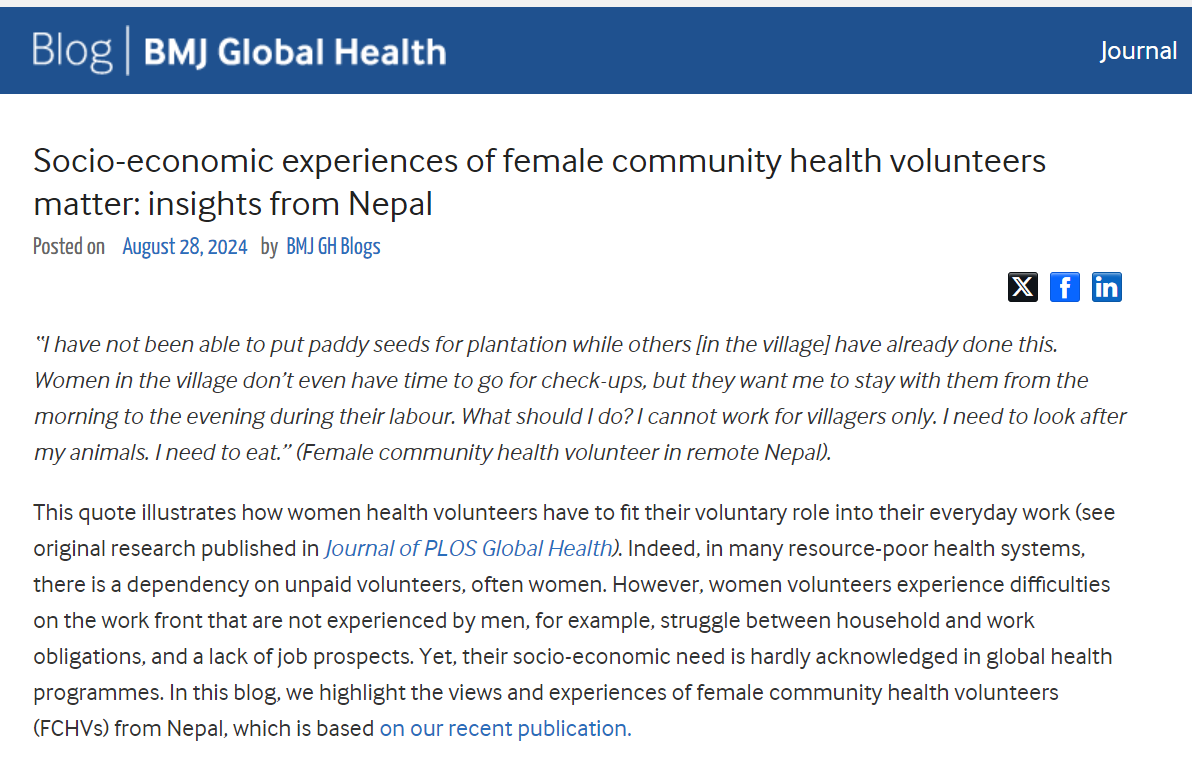
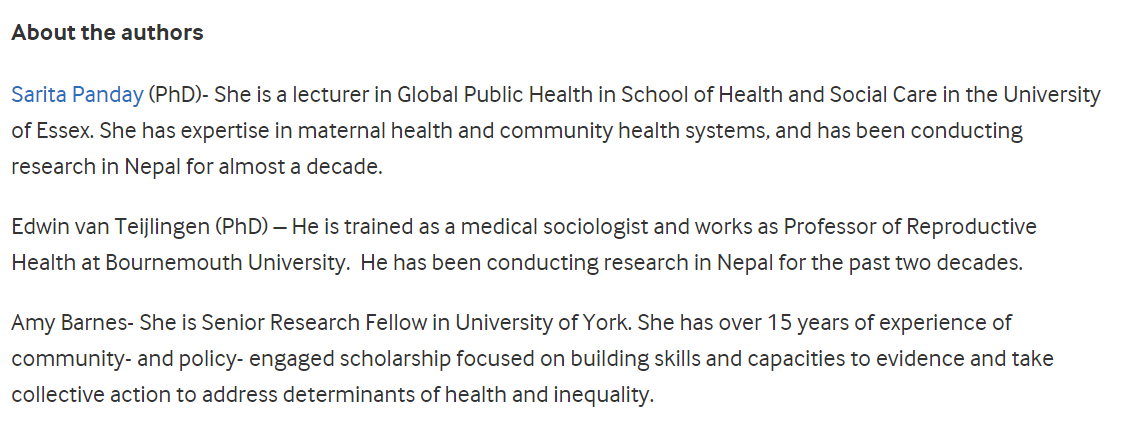











 BU attendance at third annual GCPHR meeting in June
BU attendance at third annual GCPHR meeting in June Interactive Tangible and Intangible Heritage Applications – BU student work featured in new book chapter
Interactive Tangible and Intangible Heritage Applications – BU student work featured in new book chapter Second NIHR MIHERC meeting in Bournemouth this week
Second NIHR MIHERC meeting in Bournemouth this week MSCA Postdoctoral Fellowships 2025 Call
MSCA Postdoctoral Fellowships 2025 Call ERC Advanced Grant 2025 Webinar
ERC Advanced Grant 2025 Webinar Horizon Europe Work Programme 2025 Published
Horizon Europe Work Programme 2025 Published Horizon Europe 2025 Work Programme pre-Published
Horizon Europe 2025 Work Programme pre-Published Update on UKRO services
Update on UKRO services European research project exploring use of ‘virtual twins’ to better manage metabolic associated fatty liver disease
European research project exploring use of ‘virtual twins’ to better manage metabolic associated fatty liver disease